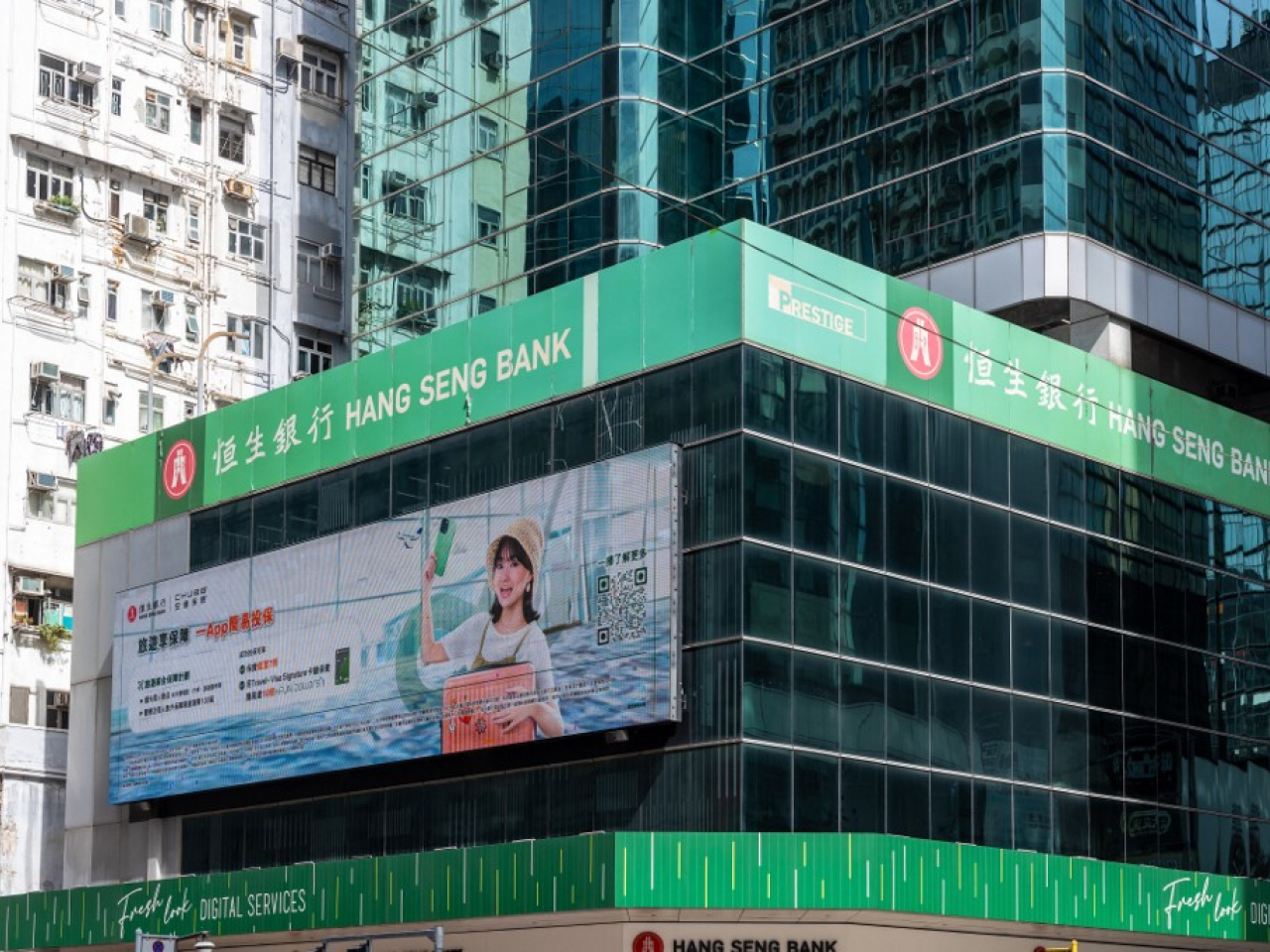HSBC's Co-Chief Executive of Asia and Middle East, David Liao, on Thursday said the lender's plan to privatise its subsidiary, Hang Seng Bank, is mainly "a growth story" that would allow Hang Seng Bank's clients to access a wider range of products.
The remarks came after the London-headquartered bank announced its plans on Thursday, offering to buy all outstanding Hang Seng Bank shares for HK$155 each in cash, a premium of 30 percent over the subsidiary's Wednesday closing price of HK$119.
The deal is expected to cost HSBC about HK$106 billion, or about US$14 billion, in cash payments, according to the bank's statement.
HSBC currently owns about 63 percent of Hang Seng Bank.
"This is a growth story. This is enacting the implementation of our group strategy in the past 12 months, creating the fore businesses, of which Hong Kong is a home market, and we're staking deeper into the investment of this home market," Liao told reporters.
"We see great benefits [from] existing deep relationships that the great Hang Seng brand has throughout almost 100 years, we want to grow the client base," he said.
"We want to serve them deeper beyond the current relationship, into wider product breadth [whilst] being in a closer alignment with the group, as well as benefiting from HSBC's global network. So they will have better products, better network connectivity, and deeper relationship," he added.
Liao stressed that Hang Seng Bank would retain its separate authorisation as a licensed bank under the Hong Kong Banking Ordinance, with its own governance, brand, distinct customer proposition and branch network.
He also rejected claims the aim was to offload impaired real estate loans by Hang Seng Bank, despite that these "credit-impaired commercial property loans" soared 85 percent year on year to HK$25 billion as of June.
"It has nothing to do, strategic-wise, [with] bad debts, or real estate-related issues in Hang Seng Bank," Liao emphasised.
"It is where we want to focus more on driving synergies and efficiencies, and streamline the ability to drive [growth in] any common platforms in technology, in talents, in products, and in network synergies that we would look for."
"We'll continue to look for streamlining and efficiencies that could run the banks better, we want to invest more in technology, where both brands can benefit for," he said.
Earlier, HSBC Asia-Pacific said it intended to use the group’s internal resources to finance the privatisation.
"There's been a lot of speculation that this move is in correlation with a loan clean-up effort. Obviously, in privatising the company, it's easier to do that clean-up without everyone's eyes on what you're doing," Illan, who works in asset management, told RTHK.
Noting the move as "strategic" and "smart", he said the privatisation would enable HSBC to better restructure Hang Seng Bank's portfolio.
"Anytime when you're having to restructure your loan portfolio. Doing that without the scrutiny of shareholders is much, much easier. Certainly, navigating the market price will be much easier, because you don't see those things so explicitly," he said.
He added the 30 percent higher premium price is indicating to the market that "there's much more value" in the move.





